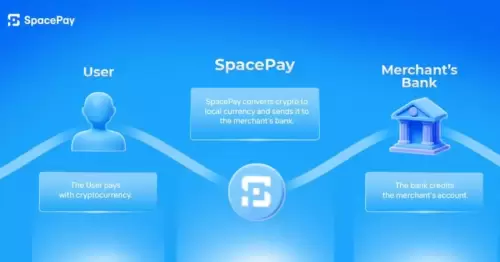 |
|
 |
|
 |
|
 |
|
 |
|
 |
|
 |
|
 |
|
 |
|
 |
|
 |
|
 |
|
 |
|
 |
|
 |
|
加密货币新闻
Banking Fraud Detection Statistics 2025: Prevalence, Impact, and Prevention Strategies
2025/01/09 23:00

Banking fraud is a serious and growing problem. In 2025, it’s estimated that banks will lose over $40 billion to fraud. This is a significant increase from the $27 billion lost in 2024.
There are a number of factors contributing to the rise in banking fraud. One factor is the increasing popularity of online and mobile banking. Fraudsters are taking advantage of the convenience of these channels to target consumers. Another factor is the growing sophistication of fraud techniques. Fraudsters are using new and innovative methods to bypass fraud detection systems.
The most common types of banking fraud include:
* Identity theft
* Counterfeit checks
* Forged signatures
* Unauthorized withdrawals
* Wire transfer fraud
* Credit card fraud
* Debit card fraud
* ACH fraud
* Elder financial abuse
Banking fraud can have a devastating impact on both consumers and institutions. Consumers may lose their savings, have their credit ruined, and experience emotional distress. Institutions may incur losses, experience reputational damage, and face regulatory scrutiny.
To combat banking fraud, a number of technologies are being used, including artificial intelligence (AI), machine learning (ML), and data mining. These technologies can help banks to identify and prevent fraud.
In addition to technology, a number of regulatory measures are also being taken to address banking fraud. For example, the Dodd-Frank Wall Street Reform and Consumer Protection Act includes a number of provisions to strengthen fraud detection and prevention.
Recent developments in banking fraud detection include the use of AI-powered chatbots to assist consumers with fraud detection and prevention. These chatbots can provide consumers with tips on how to protect themselves from fraud and can help them to report fraud if it occurs.
As banking fraud continues to evolve in complexity, the collaboration between technology, regulation, and consumer awareness becomes increasingly crucial. The statistics underscore the need for proactive and innovative measures to stay ahead of fraudsters. From AI-driven detection tools to enhanced regulatory frameworks, the fight against fraud is advancing rapidly. However, financial institutions and consumers alike must remain vigilant, as the stakes are higher than ever. Together, these efforts promise a safer, more secure future for global financial systems.
免责声明:info@kdj.com
所提供的信息并非交易建议。根据本文提供的信息进行的任何投资,kdj.com不承担任何责任。加密货币具有高波动性,强烈建议您深入研究后,谨慎投资!
如您认为本网站上使用的内容侵犯了您的版权,请立即联系我们(info@kdj.com),我们将及时删除。
-

- SpacePay旨在改善我们的发送和接收方式,针对日常用户
- 2025-05-09 17:00:12
- 许多加密解决方案都试图改善我们的寄出和收入方式,但是当涉及现实世界可用性时,大多数解决方案都缺乏。
-

- 我们都被敦促检查我们的更改是否稀有2英镑的硬币,价值超过500英镑
- 2025-05-09 17:00:12
- 专家强调了稀有的硬币,稀有的硬币仍被认为是流通的,并且具有使其非常有价值的错误。
-

-

- DN矿工免费云采矿平台已成为方便购买比特币和Dogecoin的理想选择
- 2025-05-09 16:55:13
- 随着数字货币的快速发展,对加密资产的高效和安全收购已成为投资者的重点。
-

-

-

-

- 在宣布US-UK贸易协议之后,比特币飙升了$ 10万美元
- 2025-05-09 16:45:13
- 在唐纳德·特朗普(Donald Trump)总统宣布了一项US-UK贸易协定之后,加密货币市场经历了巨大的激增。
-

- 比特币终于打破了$ 10万美元的成绩,将其余的市场推广
- 2025-05-09 16:40:12
- 比特币终于在周四的$ 10万美元大关砸了几个月来的乏味的价格行动,并将其余的市场带来了。


























































